As directed by the SUNY Chancellor’s March 2018 memo, UAlbany’s Council on Libraries, Information Systems and Computing (LISC) Open Access (OA) Policy Work Group has been developing a draft OA policy for the University community. While the Council planned to bring this to the University Senate for a vote, the path that similar policies have taken on other campuses, this is an institutional policy, which places it within the scope of the Office of Enterprise Risk Management and Compliance. For the past several months this Office has been reviewing the policy, during which time some justified concerns were raised by faculty related to authors’ rights.
The OA Policy Work Group’s draft provides for automatic rights retention for UAlbany-authored scholarly articles with a commitment to then openly distribute these works. This policy empowers researchers, helping them to further support the University’s priorities of research excellence, diversity and inclusion, internationalization, and community engagement. The Harvard model open access policy, and the University of California and Stony Brook policies (also based on the Harvard model), among other resources, underpin the Work Group’s effort.
As noted above, the Work Group’s understanding when we drafted this policy is that it would go before the Senate for a vote. A vote affirming the policy is essential to the policy’s authority (see Priest 2012).
As noted by Shieber and Suber (2020), “Policies of this sort have many benefits...and they support these benefits without the need to negotiate with publishers and while preserving academic freedom, author choice, and consistency with copyright law” (emphasis added).
Under U.S. copyright law, the copyright holder (in this case, the University author) has a bundle of exclusive rights they may exercise (e.g., to reproduce, distribute, perform, display, or make a derivative work). The rightsholder can sign these rights away as a bundle or piecemeal, which they often do when signing agreements with publishers. Authors may also license their works.
This policy’s nonexclusive license does not take any of the author’s copyrights or constrain their downstream use of the work. Rather, it gives permission for the licensee (the University) to exercise the nonexclusive rights noted above afforded under copyright law.
The grant of nonexclusive rights from UAlbany authors to the University must be grounded in author consent. Without this consent, the University is not honoring academic freedom, author choice, and copyright law. A Senate vote would affirm UAlbany authors as the adopting authority, making explicit that it is their prerogative to grant these rights. A vote would confirm that the faculty, staff, and students wanted the policy and that it was not forced on them by the administration.
If the Senate does not vote on the policy, then the University will be the authority making the decision to grant the nonexclusive license. In doing so, the very author rights the policy aims to secure will be undermined. The University would be granting the nonexclusive license to itself without author consent. With this act, it would be asserting that scholarly articles are works made for hire (contrary to SUNY Academic Affairs guidelines).
To bypass a Senate vote does not do justice to the policy, the Work Group that crafted it, or, most importantly, the UAlbany authors subject to the policy. This is a positive, strong policy only if it has community endorsement. While a Senate vote is not a routine part of the institutional policy workflow, that the OA policy applies to scholarship and academic freedom and is rooted in copyright law requires an exception in this case.
Harvard Library Office for Scholarly Communication. A Model Open-Access Policy (December 18, 2015). Available at https://osc.hul.harvard.edu/modelpolicy/.
Priest, Eric A. Copyright and the Harvard Open Access Mandate (August 1, 2012). Northwestern Journal of Technology and Intellectual Property, Vol. 10, p. 377, 2012. Available at SSRN: https://ssrn.com/abstract=1890467
Shieber, Stuart, and Peter Suber. Good Practices for University Open-Access Policies (February 20, 2020). Berkman Klein Center for Internet and Society at Harvard University. Available at bit.ly/goodoa.
Stony Brook University Libraries. Open Access Policy (Adopted February 6, 2017, Renewed February 6, 2020). Available at https://library.stonybrook.edu/openaccess/policy/.
SUNY Academic Affairs. Copyright and Faculty Ownership of Intellectual Property (May 10, 2020). Available at https://system.suny.edu/academic-affairs/faculty/faculty-ownership/.
SUNY Office of the Chancellor. Campus Open Access Policies and System Repository Memorandum (March 22,2018). Available at https://system.suny.edu/media/suny/content-assets/documents/provost/Campus-OpenAccess-Policies-resolution.pdf.
University of California, Office of Scholarly Communication. UC Presidential Open Access Policy (October 23, 2015). Available at https://osc.universityofcalifornia.edu/scholarly-publishing/uc-open-access-policies-background/presidential/.
